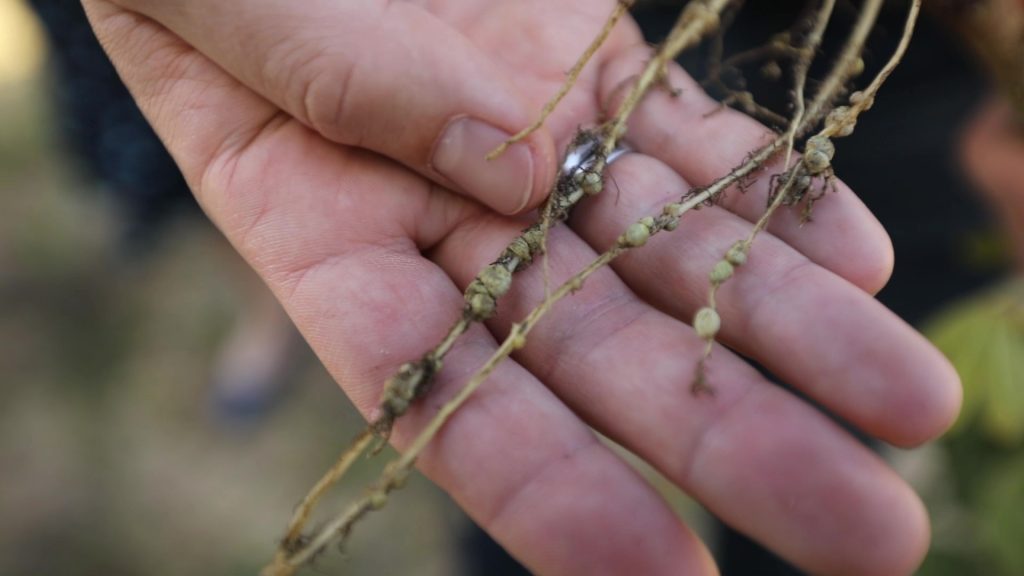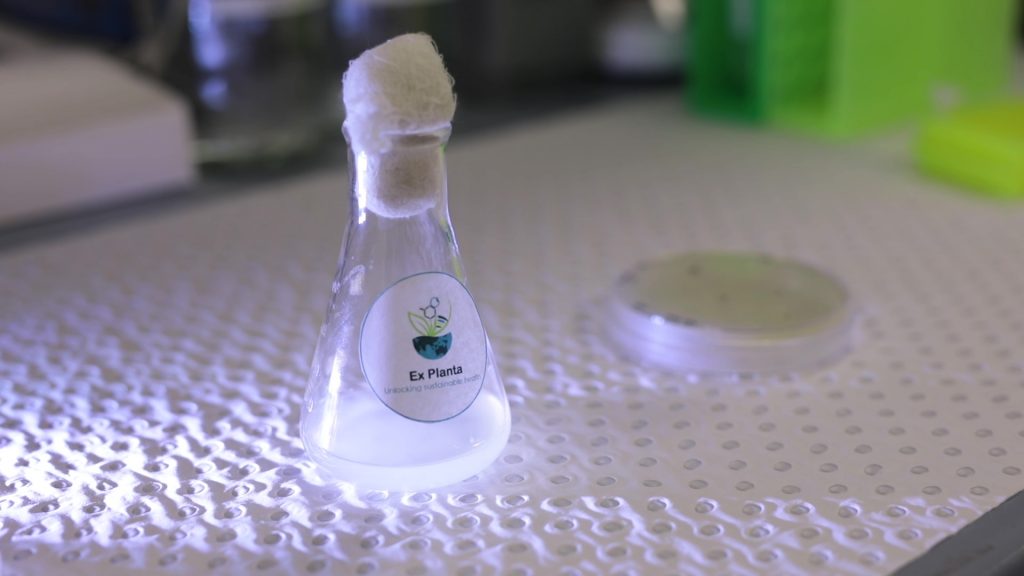
Isoflavonoids—naturally found in legumes—are in rising demand across industries like health, cosmetics, food, and agriculture. But sourcing them through traditional farming requires vast land use and comes at a steep environmental cost.
What if you could produce the same compounds without the land, water, or long grow cycles?

In our latest video, we explore how scientists are harnessing the power of bioengineered microbes—tiny cell factories like yeast and algae—to sustainably produce valuable biomolecules. It’s a promising step toward reducing our reliance on large-scale agriculture, with massive potential across multiple sectors.
But how does it all work? Watch the full video below to find out.
Have a breakthrough worth sharing? We specialise in video production in Perth—let’s bring your innovation to life.